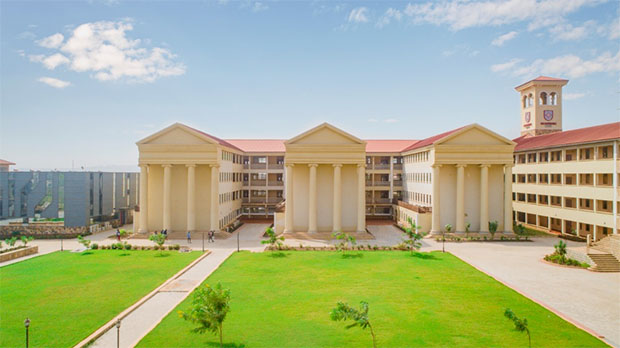Academic City University College is set to introduce an undergraduate degree in Artificial Intelligence (AI) and thus becoming the first in Africa to do so.
The programme, which will commence in September 2021, forms part of the university’s short-term effort to develop a cadence of new programmes that will invariably push the boundaries of knowledge while establishing a foothold for successful graduates in the jobs of the future.
With the current advancements of automation and robotics, it is expected that AI is going to transform the global economy in an exponential manner. Industry experts are estimating that by 2030, AI could be contributing nearly $16 trillion to the global economy. However, the emergence of new technologies is anticipated to cease many existing job opportunities while creating new jobs.
To leverage the new opportunities, there is a need for preparation as well as learning and developing new skills for those new jobs. It is in this regard that Academic City is taking the AI agenda into the forefront, nurturing and empowering the African student to lead the continent into the new AI era.
Academic City’s BSc in Artificial Intelligence (AI) seeks to equip graduates with knowledge in emerging advances in computational, decision-making sciences and technologies that allow computers and machines to function in an intelligent manner both in accurate prediction of events and outcomes and in decision-making.
The university recently introduced BSc in Biomedical Engineering and BSc in Robotics Engineering. These new programmes are deliberately designed to play comfortably at the intersection of AI, providing further impetus to new programmes in Data Analytics and Advanced Autonomous Systems.
Speaking on the new programme, Prof. Fred McBagonluri, President of Academic City, remarked “In this programme, we will explore the ethical dimensions of AI, its strategic impact as well as the core programmes and adjacencies such as robotics, informatics, and data analytics. By this approach, we intend to create a versatile graduate conversant in a broad area of robotics, AI, and informatics while poised also for research in the rapidly evolving fields of AI.”
According to him, AI holds great promise for Ghanaian and African workforce of the future as many opportunities for its application abound in healthcare, education, transportation, governance, finance, marketing, and journalism among others.
“Our future industrialisation efforts across the spectrum of key strategic areas such as manufacturing, agriculture, education, healthcare, etc are pivoted around robotics,” he said.


